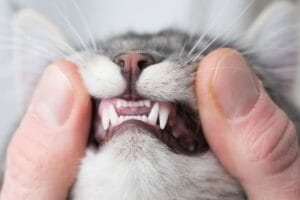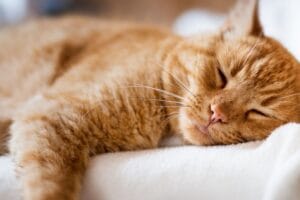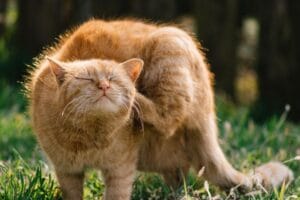Best Homemade Cat Food for Urinary Crystals
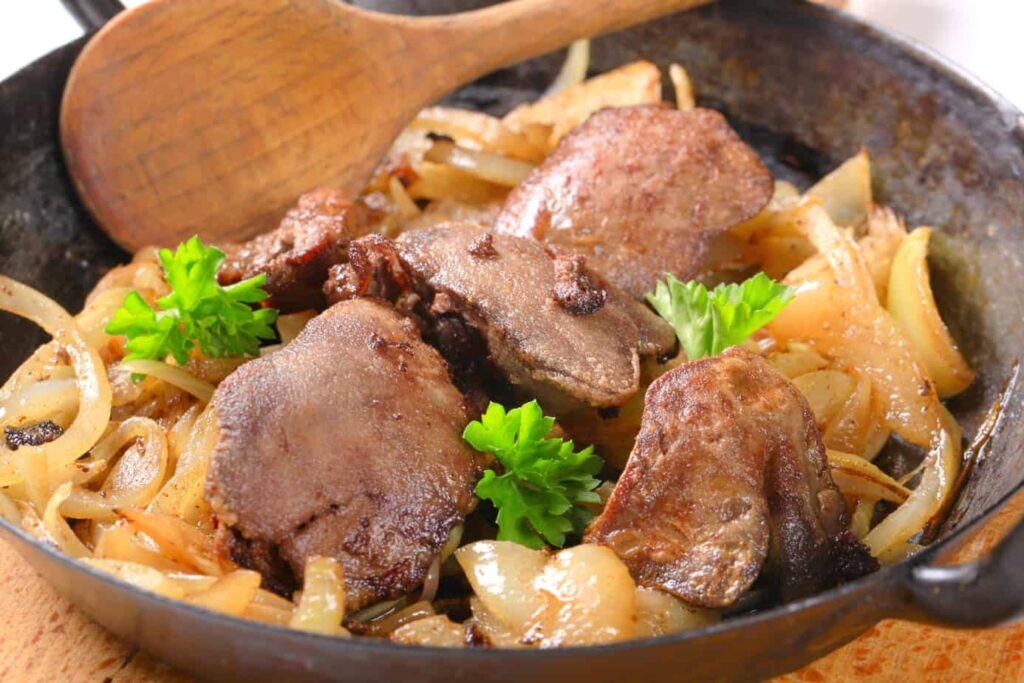
Urinary crystals pose a common health concern for cats, impacting their well-being and causing discomfort. While veterinary care is essential, a balanced diet plays a crucial role in managing urinary crystals. Homemade cat food offers a practical and effective solution, allowing cat owners to tailor the nutrition to their feline companion’s specific needs. In this article, we will explore the importance of homemade cat food for urinary crystals and provide three nourishing recipes designed to support urinary tract health.
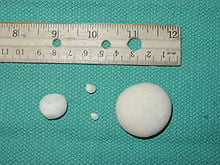
Understanding Urinary Crystals:
Urinary crystals are small mineral deposits that can form in a cat’s urinary tract, most commonly as struvite or calcium oxalate crystals. Struvite crystals form in alkaline urine, while calcium oxalate crystals form in acidic urine. The formation of urinary crystals can be influenced by various factors, including inadequate water intake, inappropriate diet, and urinary pH imbalances.
Inadequate water intake can lead to concentrated urine, increasing the chances of crystal formation. Cats primarily obtain moisture from their prey in the wild, so domesticated cats may require additional encouragement to drink water (since cat food is typically dry).
Providing fresh, clean water in multiple locations and using water fountains can help entice cats to drink more.
Diet also plays a crucial role in the development of urinary crystals. Certain nutrients, such as magnesium, phosphorus, and calcium, can contribute to crystal formation if consumed in excessive amounts.
Additionally, the type of crystals present will determine the dietary adjustments needed. For example, struvite crystals often require a diet that promotes slightly acidic urine, while calcium oxalate crystals require a slightly alkaline environment. Understanding the specific type of crystals your cat has will help you make appropriate dietary modifications.
For a diagnosis, please refer to a qualified professional, you can determine the type of crystals present in your cat.
The Role of Nutrition:
Proper nutrition is vital for preventing and managing urinary crystals in cats. A well-balanced diet can help regulate urinary pH levels, promote hydration, and provide essential nutrients that support overall urinary tract health.
Controlling urinary pH levels is crucial in preventing crystal formation. Struvite crystals tend to form in alkaline urine, so a diet that slightly acidifies the urine can help dissolve and prevent their formation. Conversely, calcium oxalate crystals form in acidic urine, and a diet that promotes a slightly alkaline urine pH can help mitigate their development.
Hydration is essential for urinary health. Cats naturally have a low thirst drive, which can make it challenging to ensure they consume enough water. Incorporating wet food into their diet or adding water to homemade meals can increase their moisture intake. Increased hydration helps dilute the urine, reducing the concentration of minerals and lowering the risk of crystal formation.
Homemade cat food offers a tailored approach to address the specific dietary needs of cats with urinary crystals.
By preparing meals at home, you have control over the ingredients, allowing you to select high-quality proteins, adjust mineral levels, and incorporate beneficial components such as urinary acidifiers or alkalizers as advised by your veterinarian.
Homemade cat food provides an opportunity to create a well-balanced and customized diet that supports urinary tract health and minimizes the risk of crystal formation.
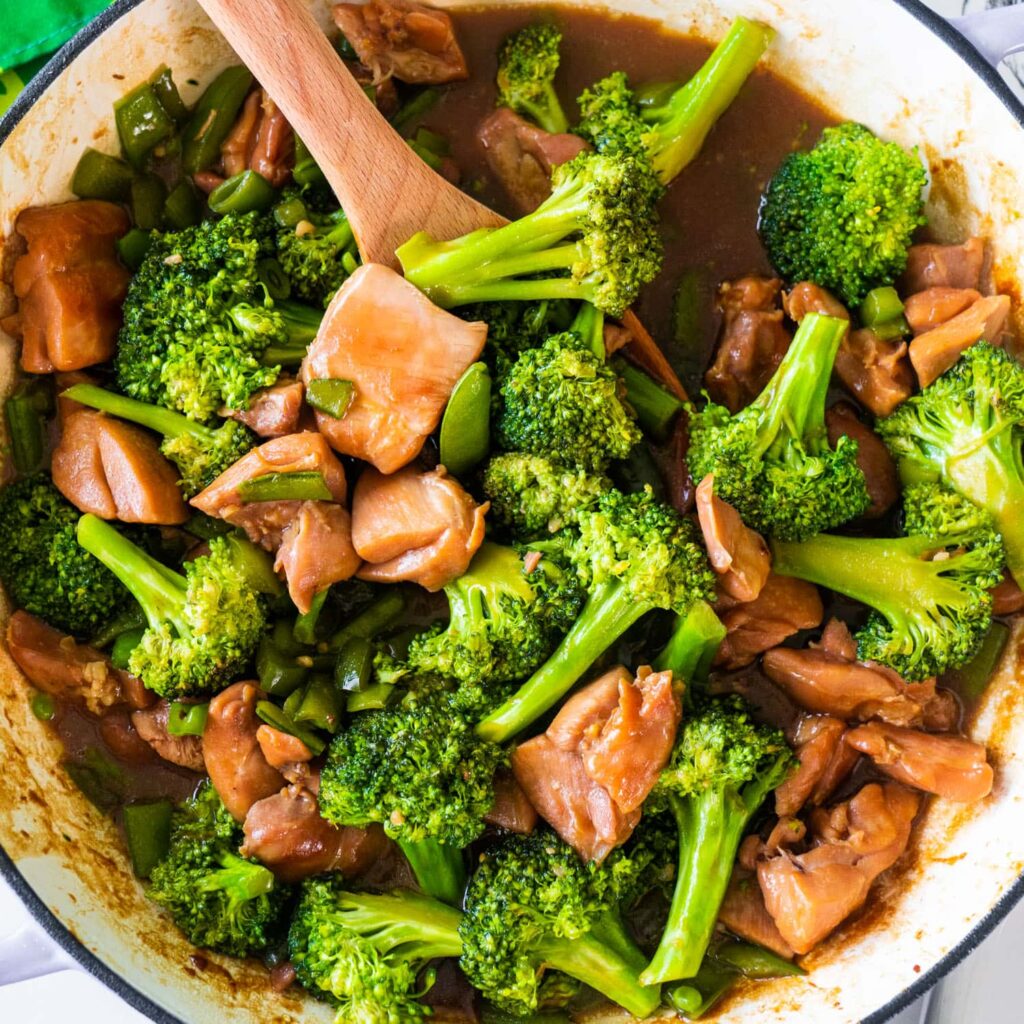
Guidelines for Homemade Cat Food for Cats with Urinary Crystals:
Before embarking on a homemade cat food diet, it is crucial to consult with a veterinarian who can provide personalized guidance based on your cat’s individual needs. They can determine the type of crystals present and recommend appropriate dietary modifications.
The following list of compiled guidelines and suggestions will help you create balanced and nourishing homemade cat food for urinary crystals:
- Increasing Hydration: Cats have a naturally low thirst drive and may not consume sufficient water on their own. To promote hydration, incorporate wet food into your cat’s diet. Canned cat food has a high moisture content and can significantly increase water intake. If you prefer homemade meals, adding water to the food can help ensure adequate hydration. Aim for a moisture content of around 70-80% in the overall diet.
- Achieving pH Balance: The urinary pH level plays a critical role in preventing crystal formation. For cats with struvite crystals, slightly acidic urine is desired. This can be achieved by incorporating ingredients that promote acidity, such as cranberries or Vitamin C. On the other hand, cats with calcium oxalate crystals require slightly alkaline urine. Including alkalizing ingredients like potassium citrate or vegetables such as carrots can help maintain the appropriate pH balance.
- Protein and Mineral Considerations: High-quality proteins should form the foundation of your cat’s homemade diet. Lean meats like chicken, turkey, or fish are excellent protein sources. Cats need around 30-40% of protein, unless they have are suffering from certain medical diseases. It’s important to ensure that the meat is thoroughly cooked to eliminate any potential bacterial contamination. Limit the inclusion of organ meat, as excessive quantities can disrupt mineral balance.
- Controlling Mineral Levels: Careful attention should be given to the mineral content of homemade cat food. Your veterinarian can advise on the appropriate levels of magnesium, phosphorus, and calcium for your cat’s specific needs. Excessive amounts of these minerals can contribute to crystal formation. Balancing mineral levels helps minimize the risk of crystal formation and maintain optimal urinary health. Consider incorporating ingredients that naturally contain lower mineral levels, such as lean meats and selected vegetables.
- Essential Nutrients: Homemade cat food should provide essential vitamins and minerals to ensure a complete and balanced diet. Consider adding appropriate supplements to meet your cat’s nutritional needs. Essential nutrients like taurine, omega-3 fatty acids, and B vitamins are essential for feline health.
- Limited Use of Salt and Seasonings: Excessive sodium intake can be harmful to cats with urinary crystals. Avoid adding salt or any seasonings that may contain harmful ingredients such as garlic, onion, or artificial additives. The natural flavors of the ingredients themselves should be sufficient to entice your cat.
- Consistency and Texture: Cats have unique preferences when it comes to food texture. Some prefer smooth textures, while others enjoy a bit of chunkiness. Observe your cat’s preferences and adjust the texture of the food accordingly. You can use a food processor to achieve a smoother consistency or leave some ingredients slightly chunky for variety. As weird as it sounds, cats will even eat Weetabix due to its crunchy texture (as a cat treat).
- Monitor for Allergies or Intolerances: Keep an eye on your cat for any signs of allergies or intolerances to specific ingredients. Cats can develop sensitivities to certain proteins or other components in their diet. This is an issue effecting all cats, not just cats with urinary issues.
Homemade Cat Food Recipes for Urinary Crystals:
Here are some recipes for popular homemade cat food for urinary crystals issue in cats. There are dozens of such recipes available across the internet, that you can also refer too.
Making your own unique dishes is also possible, as long as you remember the nutritional requirements of your cat, and ensure it is getting what it needs.
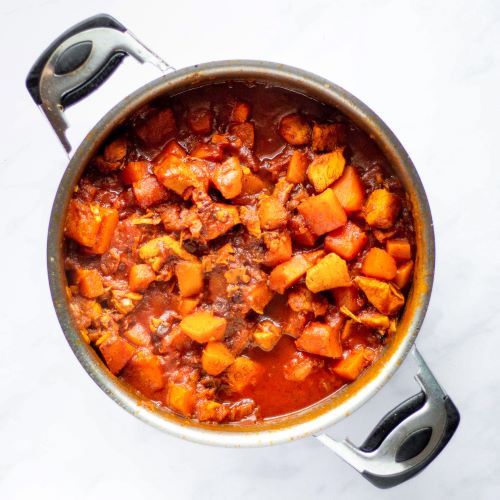
Recipe 1: Chicken and Pumpkin Stew:
This recipe combines lean chicken and fiber-rich pumpkin to provide a balanced and nourishing meal for cats with urinary crystals. Chicken is a lean source of protein, while pumpkin adds dietary fiber that aids digestion and helps maintain healthy urinary tract function.
Ingredients:
- 1 cup cooked chicken, shredded
- 1/4 cup cooked pumpkin, mashed
- 1/4 cup low-sodium chicken broth
Instructions:
- In a mixing bowl, combine the shredded chicken and mashed pumpkin.
- Gradually add the low-sodium chicken broth while stirring to achieve a stew-like consistency.
- Transfer the mixture to a saucepan and heat it gently over low heat, stirring occasionally, until warmed through.
- Allow the stew to cool to room temperature before serving it to your cat. Divide it into appropriate portions and refrigerate any leftovers for up to three days.
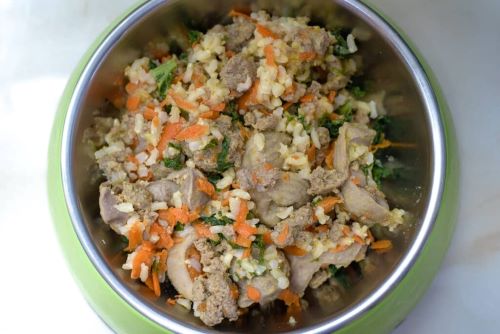
Recipe 2: Turkey and Brown Rice Delight:
This recipe incorporates lean turkey and fiber-rich brown rice to support urinary tract health and provide essential nutrients. Turkey is a low-fat protein source, and brown rice is a complex carbohydrate that promotes digestive health and provides additional fiber.
Ingredients:
- 1/2 cup cooked turkey, diced
- 1/4 cup cooked brown rice
- 1 tablespoon cooked chicken liver, finely chopped
- 1/4 cup water (for moisture)
Instructions:
- In a mixing bowl, combine the diced turkey, cooked brown rice, and finely chopped chicken liver.
- Gradually add water while stirring to ensure proper moisture.
- Transfer the turkey and brown rice mixture to a food processor and pulse a few times to create a well-blended consistency.
- Serve the mixture to your cat, dividing it into appropriate portions, and store any leftovers in the refrigerator for up to three days.
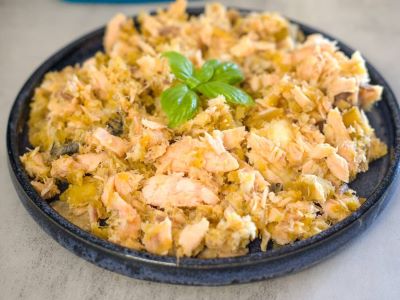
Recipe 3: Fish and Sweet Potato Medley:
This recipe features omega-3 rich fish and nutrient-dense sweet potatoes, promoting urinary health and providing essential fatty acids. Fish provides high-quality protein and omega-3 fatty acids, while sweet potatoes offer dietary fiber and essential nutrients.
Ingredients:
- 1/2 cup cooked fish (such as salmon or white fish), flaked
- 2 tablespoons cooked sweet potato, mashed
- 1/4 cup low-sodium bone broth
Instructions:
- In a mixing bowl, combine the flaked fish and mashed sweet potato.
- Gradually add the low-sodium bone broth while stirring to create a moist medley.
- Heat the mixture gently in a saucepan over low heat, stirring occasionally, until warmed through.
- Allow the fish and sweet potato medley to cool to room temperature before serving it to your cat. Divide it into appropriate portions and refrigerate any remaining portions for up to three days.
Please note that it’s important to follow proper food safety guidelines when handling, cooking, and storing ingredients for homemade cat food. Always ensure that all ingredients are cooked thoroughly, and any leftovers are refrigerated promptly.
Frequently Asked Questions (FAQs)
As you embark on preparing homemade cat food for urinary crystals, you may have some common questions. Here are answers to frequently asked questions to help guide you:
1. Can I use raw meat in homemade cat food?
It is generally not recommended to feed raw meat to cats, especially when they have urinary crystals. Raw meat can pose a risk of bacterial contamination, which may further exacerbate urinary tract issues. It is safer to cook the meat thoroughly to eliminate any potential harmful bacteria and ensure the safety of your cat’s food.
2. Can I incorporate grains or carbohydrates into the diet?
While cats are obligate carnivores and derive most of their nutrition from animal-based proteins, small amounts of grains or carbohydrates can be included in the homemade cat food for urinary crystals. However, it is essential to choose whole grains or low-glycemic carbohydrates to minimize the risk of blood sugar spikes and weight gain. Examples include cooked brown rice or quinoa, which can provide a source of fiber and energy.
3. How often should I feed homemade cat food?
Feeding frequency can vary depending on your cat’s age, weight, and overall health. It is generally recommended to feed adult cats two to three small meals per day. However, you can consult with your veterinarian to determine the appropriate feeding schedule based on your cat’s specific needs. Remember to monitor your cat’s weight and adjust portion sizes accordingly to maintain a healthy body condition.
4. What if my cat refuses to eat the homemade food?
Introducing a new diet can sometimes be challenging, and cats can be particularly finicky eaters. If your cat initially refuses to eat the homemade food, try offering a gradual transition by mixing small amounts of the homemade food with their current diet. Increase the proportion of homemade food over time until they become accustomed to it. Adding an enticing flavor enhancer, such as a small amount of tuna juice, can also encourage acceptance. If your cat continues to refuse the homemade food or shows signs of prolonged appetite loss, consult with your veterinarian for further guidance.
5. Can I use supplements instead of whole foods?
While supplements can provide additional nutrients, it is generally recommended to prioritize whole foods in your cat’s diet. Whole foods offer a wider range of essential nutrients and are better absorbed and utilized by the body. However, certain supplements can be beneficial to meet specific nutritional needs, such as taurine, omega-3 fatty acids, or B vitamins. It’s important to consult with your veterinarian to determine the appropriate supplements for your cat and ensure they are used in conjunction with a well-balanced homemade diet.
Conclusion:
Homemade cat food offers a valuable opportunity to support urinary tract health in cats with urinary crystals. By following the guidelines provided and using the nourishing recipes, cat owners can take an active role in their feline companion’s nutrition. Remember to consult with a veterinarian for personalized advice and ensure a well-balanced diet that promotes hydration, controls urinary pH levels, and provides essential nutrients. With veterinary care and homemade cat food, you can optimize your cat’s urinary health and overall well-being.
